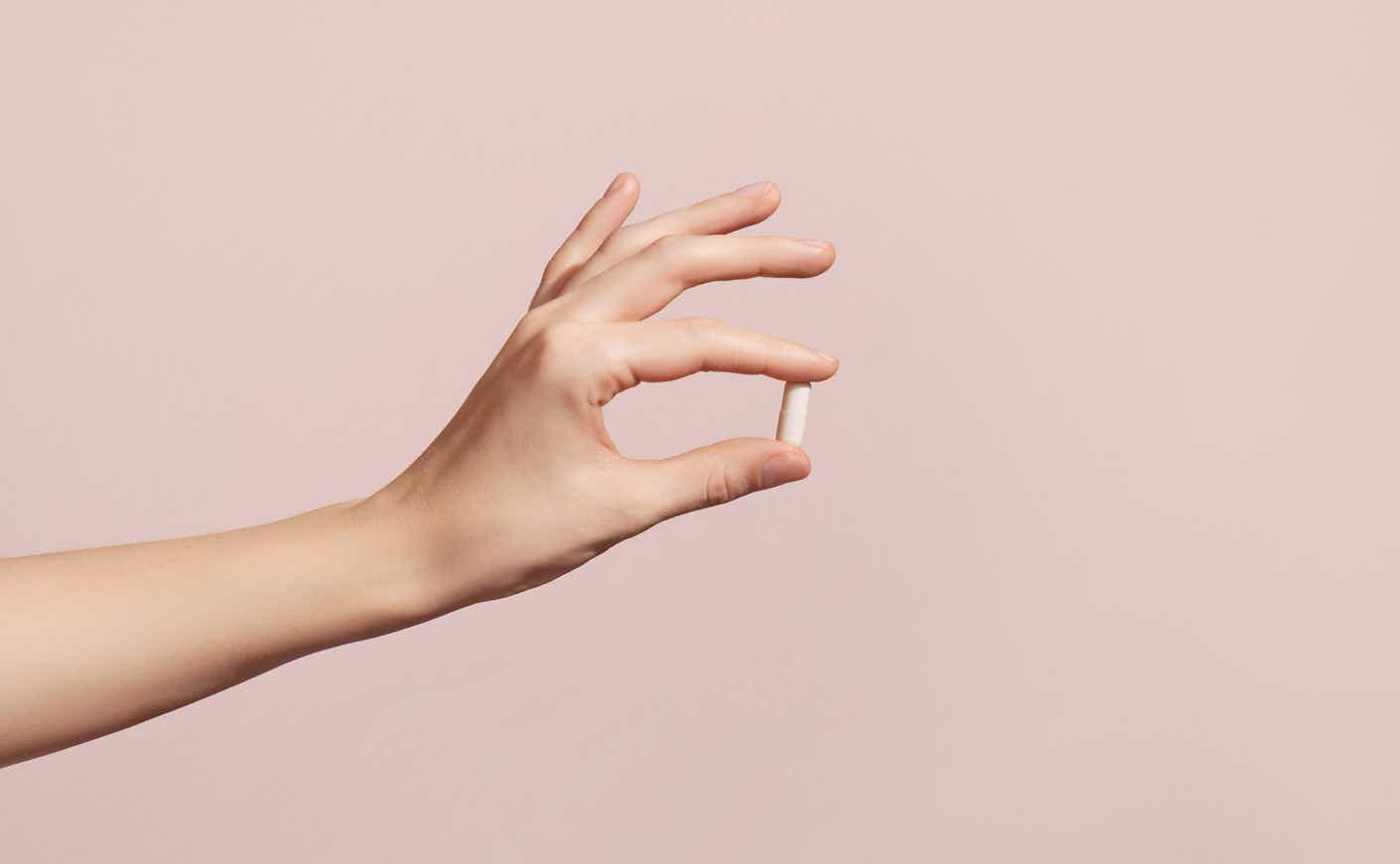Could the fountain of youth come in pill form?
A new supplement is being touted by celebrities and the growing ranks of longevity influencers as the secret to turning back the hands of time. Is it too good to be true? Here’s everything you need to know about nicotinamide adenine dinucleotide, or NAD+, and why everyone from Jennifer Aniston to Gwyneth Paltrow are fans of the anti-aging supplement.
What is NAD+?
Nicotinamide adenine dinucleotide is a molecule that’s found in every cell within the body, and it plays an important role in cellular repair and converting food into energy. Our NAD+ levels decline as we get older, and some experts suspect that’s part of what drives the aging process. But what if you could artificially boost your supply of the coenzyme? Would that be beneficial?
“The short answer is yes,” says Anthony Covarrubias, Ph.D., a UCLA professor studying inflammation and aging. “At least in a lot of preclinical rodent models.”
Several studies have shown that when given to mice, NAD+ supplements caused them to appear more youthful — meaning their fur was thicker and less gray — and they were able to exercise more efficiently, Dr. Covarrubias tells us. The supplements didn’t extend their lifespans, but they did have a meaningful impact on their healthspans, or how long they spent in good health.
However, when it comes to humans, the evidence is a bit more mixed. Part of the issue is that most of the trials have been quite short, not nearly long enough to prove lasting effects. And although some studies have reported lowering inflammatory markers, that improvement has been “very modest,” Dr. Covarrubias says. Still, the supplements do appear to be safe and well tolerated.
NAD+ supplements
NAD+ intravenous drips have become particularly popular among the Erewhon set — i.e., the wellness-obsessed with enough disposable income to splurge on $20 smoothies. A single session can cost anywhere from $500 to $1,500, but experts say this form of the treatment does not seem to be beneficial. To put it plainly, one researcher told Vogue: “IV NAD+ intake is silly.”
That’s because NAD+ is a very large molecule that, when injected into the blood, won’t penetrate into cells, says Nichola Conlon, Ph.D., a molecular biologist who created the supplement brand Nuchido. “What happens is that all that NAD+ actually gets stuck in the blood,” she says, which can sometimes lead to some unpleasant side effects like nausea or heart palpitations.
There are also a variety of oral supplements on the market, like Nuchido. Most of these contain nicotinamide mononucleotide (NMN) and nicotinamide riboside (NR), which are precursors for NAD+. Some research suggests these types of supplements can improve cardiovascular health and may help treat neurodegenerative conditions like Parkinson’s and reduce systemic inflammation.
“We still have a lot of questions,” Dr. Covarrubias says. “Most of the evidence suggests that it’s safe, but we still don’t know a lot about its long-term effects.”
How to boost NAD+ naturally
There are ways to naturally raise your levels of NAD+. Intermittent fasting has been shown to trigger NAD+ production as well as intense bouts of exercise like high-intensity interval training, or HIIT, Dr. Conlon tells us.
NMN and NR are also commonly found in fruits and veggies like broccoli, green beans, bananas, and oranges.
“I always tell people you can’t out-supplement a bad diet or unhealthy lifestyle,” Dr. Conlon says.









